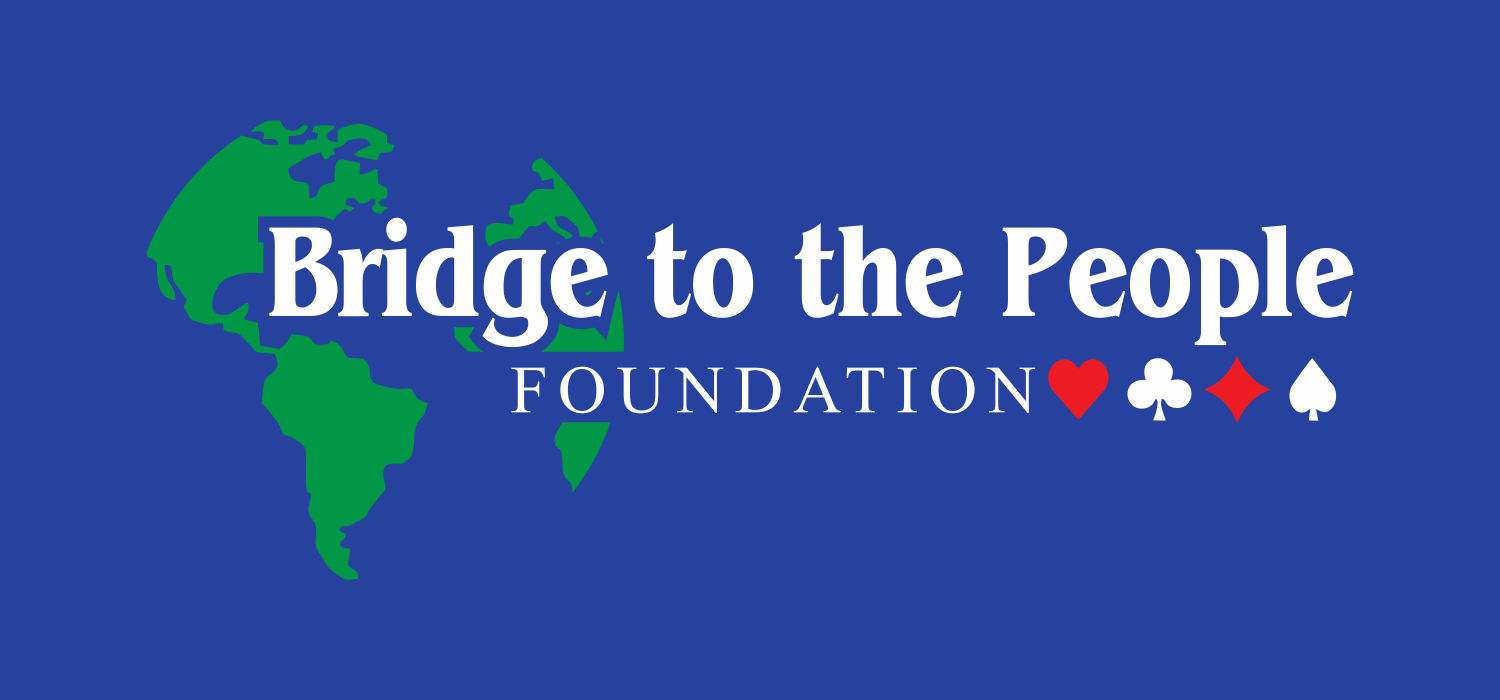[gtranslate]
INFORMATION ABOUT THE BRIDGE 60+ PROGRAM
The programme aims by teaching bridge to older people and organising the game:
– prevent or at least delay the onset of dementia (mainly Alzheimer’s disease) in older people,
– bring older people out of loneliness and social isolation.
The programme aims by teaching bridge to older people and organising the game:
– prevent or at least delay the onset of dementia (mainly Alzheimer’s disease) in older people,
– bring older people out of loneliness and social isolation.
For this purpose, under the “flag” of the Polish Association of Sports Bridge, in less than 5 years I have created 275 centres where it is implemented. All the centres have been supplied with the necessary equipment and literature for beginners and intermediate players alike.
I received support in the first year from the Programme for the Social Activation of the Elderly and twice from the PZU Foundation.
Several thousand people take part in the programme, but it is certainly not the peak of our
possibilities. The fact that only 40 out of 550 Universities of the Third Age have so far participated in the programme means that the number of programme ‘consumers’ could be many times greater.
The idea proved so catchy that, following the presentation, 23 countries in Europe joined the programme.
Soon, as requested by the World Bridge Federation, it will become a programme on all continents.
Scientific reports on the prophylactic role, in relation to Alzheimer’s, of playing bridge confirm the validity of our intentions.
Research into the effects of the programme has been undertaken by the Nicolaus Copernicus University in Toruń (Professor W. Duch’s Neurocognitive Science Laboratory) in cooperation with the Polish and European Bridge Associations and with the ‘blessing’ of Alzheimer-Europe.
I believe that activities in the field of health prevention can be of advertising value to many
potential sponsors. If a pharmaceutical company advertised: “We not only
produce medicines, we also finance prevention”, wouldn’t its image be warmer?
Since the programme’s existing sponsors will probably not be able to cover ourexpected costs, I am looking for new ones ready to support the noble idea of improving the quality of life for the elderly, often lonely, for whom the programme offers an opportunity to get out ofisolation and by stimulating the brain to improve their mental faculties.
Author: Marek Małysa

